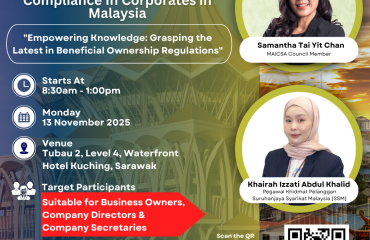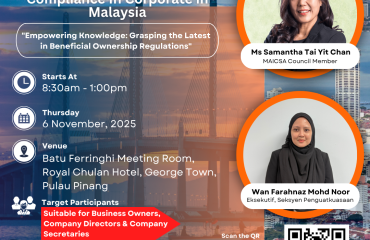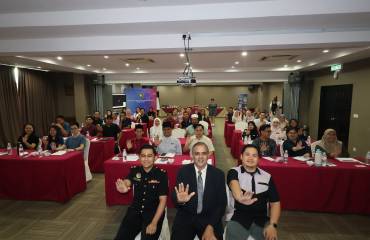
Seventy per cent of countries leave the door open to waste and security threats as they lack the tools to prevent corruption in the defence sector, according to the first ever index measuring how governments prevent and counter corruption in defence, launched by Transparency International’s (TI) Defence and Security Programme in Taipei on 29th January 2013.
Corruption in defence is dangerous, divisive and wasteful, and the cost is paid by citizens, soldiers, companies and governments. Yet the majority of governments do too little to prevent it, leaving numerous opportunities to hide corruption away from public scrutiny and waste money that could be better spent.
The Government Defence Anti-Corruption Index (government.defenceindex.org) analyses what 82 countries do to reduce corruption risks. These countries accounted for 94 per cent of the global military expenditure in 2011, equivalent to USD 1.6 trillion. Countries are scored in bands from very low risk (A) to critical risk (F) according to detailed assessment across 77 indicators that cover five prominent risk areas in the sector: politics, finance, personnel, operations, and procurement.
The index bands countries according to the level of risk of corruption. The risk of corruption is determined by the danger and extent of it occurring and by the frequency citizens may face it.
Malaysia is placed in band D- that is high risk, together with Bangladesh, China, Pakistan, Palestine, Russia, Rwanda, Tanzania, and Turkey etc.
In Malaysia, political corruption vulnerability is high as there is no defence and security committee and parliament’s role in the sector is limited. There is no specific defence anti-corruption policy in place.
In relation to financial defence corruption risk, the percentage of the budget allocated to secret items is unknown.
Malaysia has good mechanisms of protection against personnel corruption risk. The Malaysian Anti-Corruption Act 2009 covers civilian and military personnel. The Whistleblower Protection Act 2010 encourages whistle blowing although its provision is limited and its effectiveness, questionable.
In terms of operations corruption risk, there is no information to indicate that corruption risks in contracting on operations are guarded against through guidelines or training.
Defence and security procurement corruption risk is regulated by general procurement legislation but there is a lack of public evidence that it is adhered to.
Following are our recommendations for Malaysia:
• Implement the Freedom of Information Act
• Change the process on secrecy/confidentiality (when security is really necessary)
• Publish the defence policy and the defence budget, and encourage public debate
• Implement anti-corruption tools in defence procurement, and work with the MACC
• Demand high standards for defence contracts (national/international)
• Include analysis of corruption issues in operations
• Work with civil society, and be open with the public.
As this defence anti corruption index may impact our Corruption Perceptions Index (CPI) score, Transparency International Malaysia calls on the government to address the corruption risks in this sector through the reforms proposed above.







